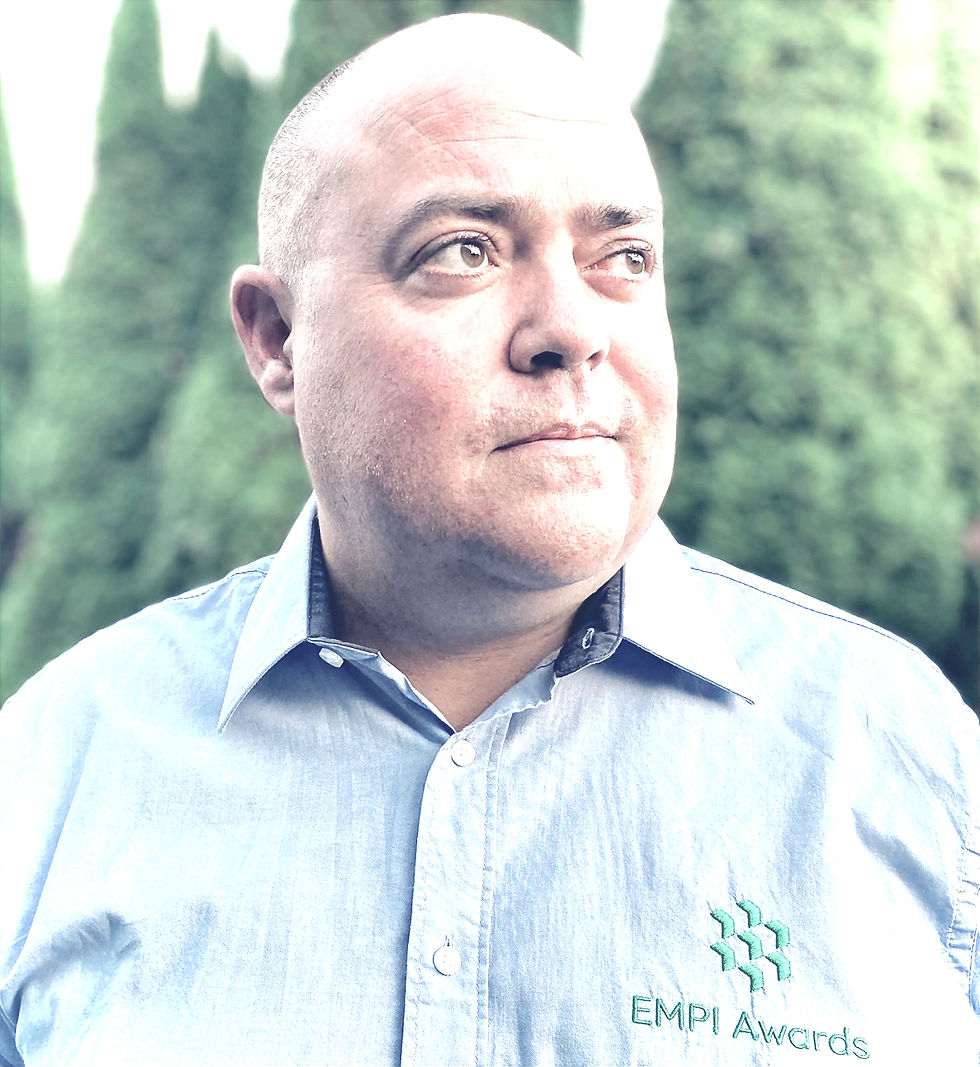An Interview With A Responsible Officer
- Gavin Brain

- Oct 30, 2024
- 3 min read

So, let’s start with the basics. How and why did EMPI Awards develop the Site Vehicle Competence Assessment (SVCA)?
Absolutely, great question. When we set out to create the Site Vehicle Competence Assessment (SVCA), our goal was to address a gap in the industry—one that frankly has been overlooked for far too long. In specialised transport and haulage, particularly within quarrying and mineral processing, the demand for genuinely competent, safety-oriented drivers is immense. But as it stands, compliance with standard Driver CPC (Certificate of Professional Competence) requirements doesn’t translate to real-world readiness or to a full spectrum of safety standards, especially for site vehicles operating in these high-risk environments.
We knew we needed a structured assessment that would go beyond mere compliance—a competency standard that’s both rigorous and relevant, developed to meet industry-specific demands and prioritise safety in a way CPC standards don’t. The SVCA isn’t just about checking a box; it’s about setting a tangible standard for driver capability and confidence on the job.
It sounds like EMPI is really pushing for higher standards. Can you explain what makes SVCA different from standard compliance training?
Certainly. Unlike typical CPC courses, which often take the form of attendance-based modules, the SVCA is built around rigorous, evidence-based assessment. We aren’t just satisfied with people showing up and completing hours of instruction; we need them to demonstrate real, verifiable competence. The SVCA uses direct observation, practical assessments, and real-world scenarios to evaluate skills. And crucially, all of our assessors come with hands-on experience in the industry; they know the job from first-hand experience, which adds another layer of insight and credibility to the assessment.
While compliance training can sometimes lead to a ‘good enough’ mindset, the SVCA was developed to move beyond this. We’re pushing for a culture where competence is proven and reassured over time, not just assumed because of a certificate or a course completion. By implementing regular retesting, we ensure that standards aren’t just met once but are maintained and updated.
That’s an impressive commitment to quality. Given these standards, what would you say to those who believe CPC is enough?
Look, CPC has its place, and for some areas, it does what it’s intended to do. But for industries like ours, where safety and efficiency can make the difference between routine and disaster, it simply doesn’t cut it. The truth is, not all qualification systems have kept pace with the industry’s unique requirements. And frankly, some of these industry bodies continue pushing “satisfactory” standards instead of innovating for actual safety outcomes. The reliance on outdated benchmarks has, in some cases, held our industry back.
Our mission with the SVCA was to set a new precedent. We developed an assessment that acknowledges the demands placed on operators of specialised heavy vehicles. We’re equipping them to not just meet expectations but to work to a higher standard where they’re better trained, more confident, and safer in their roles.
And has it been a challenge introducing something so innovative?
Yes, it absolutely has been. Change can be tough, especially when there are deeply entrenched practices in place. Some industry bodies are reluctant to adapt, preferring to cling to legacy approaches that may seem adequate but really just coast along without addressing the root needs. It’s not unusual to see resistance when you’re pushing for a significant improvement because it upends the norm.
But the rewards make it all worthwhile. We’re seeing more engaged drivers, fewer incidents, and an overall uplift in operational efficiency and safety. We’re showing that it is possible to build a competency framework that doesn’t just talk about safety but genuinely delivers it. And in doing so, I think we’re creating a benchmark others will be compelled to follow, even if they don’t acknowledge it publicly.
It seems like EMPI Awards is setting a new standard. What does the future look like for the SVCA?
We’re just getting started. The feedback we’ve received so far suggests that the SVCA is not only wanted but needed, and we’re already looking at expanding it further, both in scope and applicability. I believe the future of safety in transport lies in these kinds of competency-based qualifications, where the focus is on real, demonstrable skills and not just attendance certificates.
With the SVCA, we’re aiming to redefine how safety and competence are approached, pushing for a future where high standards are not the exception but the rule. And while some might resist the evolution, the industry, in time, will inevitably move in this direction. We’re just proud to be the ones leading the charge.



Comments